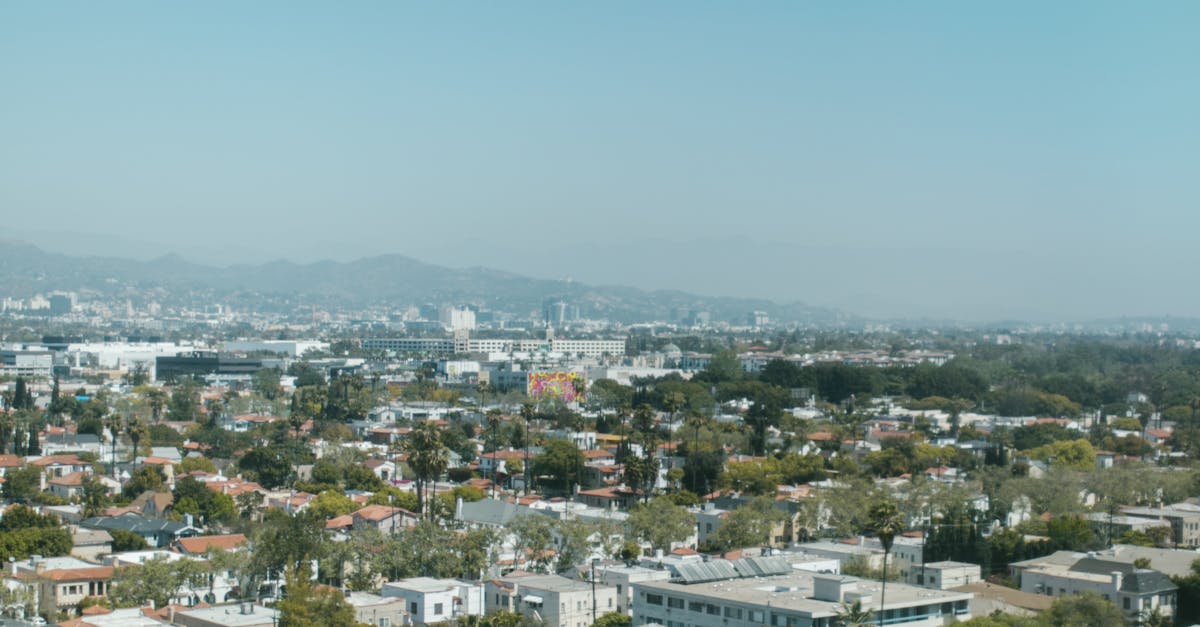Roof Replacement for Commercial Properties in Sydney

Table Of Contents
Roof Replacement for Commercial Properties in Sydney
When considering a fresh start for the top of your building, Energy-Efficient Roofing Sydney emerges as a vital solution for enhancing the overall performance and sustainability of commercial properties. With an increasing focus on reducing energy consumption and improving environmental impacts, businesses in Sydney are looking for reliable options to meet these demands. The necessity for a robust, efficient roof not only addresses structural concerns but also contributes to long-term cost savings.
In the bustling landscape of Sydney, commercial roof replacement becomes a significant factor for property owners aiming to maximize the life cycle of their buildings. Opting for energy-efficient roofing sydney can offer substantial benefits, not just in energy savings but also in increasing property value and appeal. As commercial spaces evolve, the choice of roofing technology and materials plays a crucial role in ensuring that buildings remain competitive and compliant with modern standards.
Exploring Expenses of Industrial Roofing Overhaul in NSW
Exploring costs associated with commercial roof overhaul is essential for property owners in NSW. Elements such as supplies choice, size of the roof, and manpower expenses can all significantly impact the overall price. Moreover, compliance requirements and the health of the existing structure can also contribute to the ultimate cost incurred.
In the process of determining the expenses for a commercial roof overhaul, commercial property managers should also consider potential ongoing savings. Spending in high-quality durable roofs may lead to reduced maintenance costs and improved energy efficiency over time. Engaging a qualified roofing contractor can provide valuable insights into the most suitable options that align with resources while ensuring durability.
Considerations That Affect Roof Overhaul Estimates
As evaluating a roof replacement project, various factors come into play that influence the total cost. The element is the type of material used for the roof. Varied materials, such as tile, involve varying price points and durability factors. In addition, the complexity of the installation can heavily affect installation costs. More sloped roofs typically require extra work hours, which can increase the overall price.
An additional consideration that impacts replacement estimates is the scale of the structure. More extensive roofs will naturally demand more materials and work, leading to increased costs. Regional factors also play a factor in influencing estimates, as work rates and material availability can vary by location. Community regulations and permitting requirements can also influence the total cost of a replacement project, making it essential to consider these elements during the planning phase.
Finding the Right Roofing Type for Your Business Roofing Reinstallation
As you considering the business roofing reinstallation, one of the key factors is selecting the most suitable roof material. Several materials offer distinct benefits that can influence the longevity and performance of your roof. For instance, metal roofing is recognized for its durability and energy-saving properties, while thermoplastic olefin provides a more budget-friendly solution with great heat-reflective capabilities.
It is essential to think about your facility's specific needs and environmental conditions when choosing a roof material. Additionally, working with a qualified roofing contractor can help you navigate the multiple options available, ensuring you make an informed decision. These experts can provide valuable insights into the installation process and upkeep necessities for each type of roofing material. This information can help you maximize the benefit of your business roof investment.
Advantages and Drawbacks of Popular Roof Products
When considering a commercial roof replacement in Sydney, it is essential to evaluate the benefits of popular roof options. Metal roofs offers longevity and ease of care, making it a preferred choice for many business owners. Additionally, metal options can reflect heat, leading to lower energy costs over time. Asphalt shingles are another widely used option due to their affordability and ease of installation, providing a decent solution for many commercial properties.
On the other hand, there are also cons to consider when selecting roof options. For instance, metal options can be more expensive initially, which may not fit every budget. Furthermore, they can be more resonant during rain or hail, potentially causing disturbances inside the building. Asphalt shingles may present issues such as shorter lifespan compared to other materials and can be prone to deterioration from extreme weather conditions. Ultimately, weighing the advantages against the cons is crucial for making an informed decision about the best roofing option for a commercial property.
Understanding Advantages of Focusing in Commercial Roofing Overhaul
Focusing in business roofing replacement delivers numerous benefits for property owners. The updated roofing system can significantly boost the overall appeal of a building, resulting in a more appealing appearance. Furthermore, a modern roofing system can elevate property value, leading to it more desirable to potential tenants or buyers.
Another key reward of business roofing replacement is the potential for cost savings. Replacing an old roof with high-performance materials can decrease heating and cooling costs, resulting in long-term savings. Plus, a new roof can aid in preventing leaks and water damage, that can result in costly repairs down the line. In general, focusing in roofing replacement is a prudent choice for any commercial property owner.
Reasons to Improving Your Commercial Roof
Improving your industrial roof can significantly enhance the overall value and appeal of your property. A well-maintained roof not only protects your investment but also contributes to energy efficiency. This can lead to lower utility costs and a more comfortable working environment for employees. Additionally, a new roof can improve the aesthetic appeal of your building, making it more attractive to potential clients or customers.
Investing in roof upgrades is essential for maintaining structural integrity. Over time, roofs can suffer from wear and tear due to weather conditions, which can lead to leaks and other issues if not addressed. By renewing your industrial roof, you are ensuring that your building remains safe and secure for occupants. Moreover, a modern roof system can offer enhanced durability, reducing the need for frequent repairs or replacements in the future.